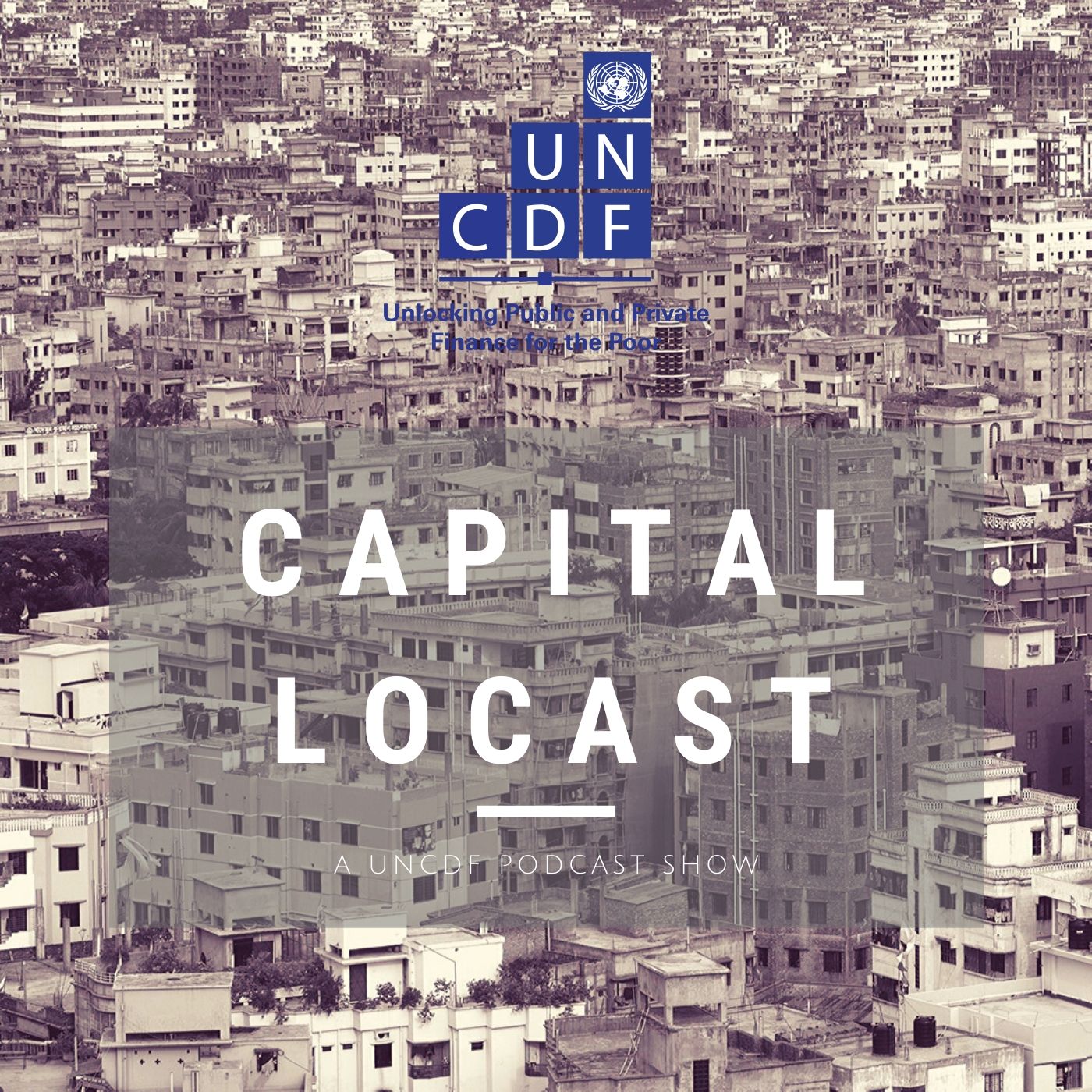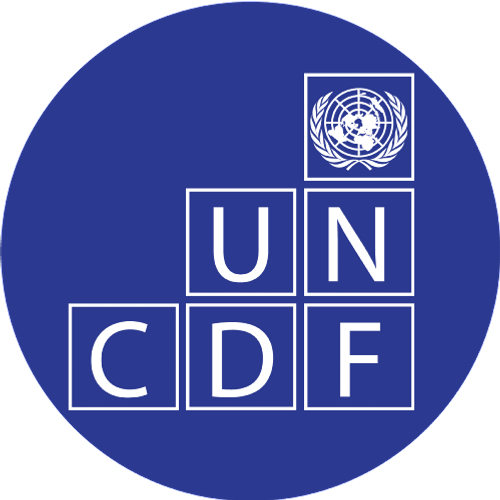Capital Locast - Episode 6
Jesper Steffensen – Senior Partner of DEGE Consult and a leading expert on fiscal transfers from central to local governments and author of the Performance Based Grants, Best Practice and International Experience, 2010, with involvement in LG finance reforms in more than 45 countries around the World. Jesper outlines how all countries, from the wealthy to the poorest, operate some form of fiscal transfer of government revenue to local authorities. This is necessary for a functioning state system and for efficient, resilient local economies. It is a form of sharing the national wealth to citizens across the whole territory that generates the wealth in the first place and means to ensure an equitable development. Yet too often intergovernmental fiscal transfers are viewed negatively or designed & implemented sub-optimally. Jesper explains how embracing transfers to local governments can accelerate national development objectives, especially when linked with performance improvements and climate change funding. Jesper also argues that although focusing on improvements in local governments own revenues, especially for sustainability and accountability reasons is important, this should not be used as an excuse to reduce or ignore transfers, which serve numerous development objectives.


